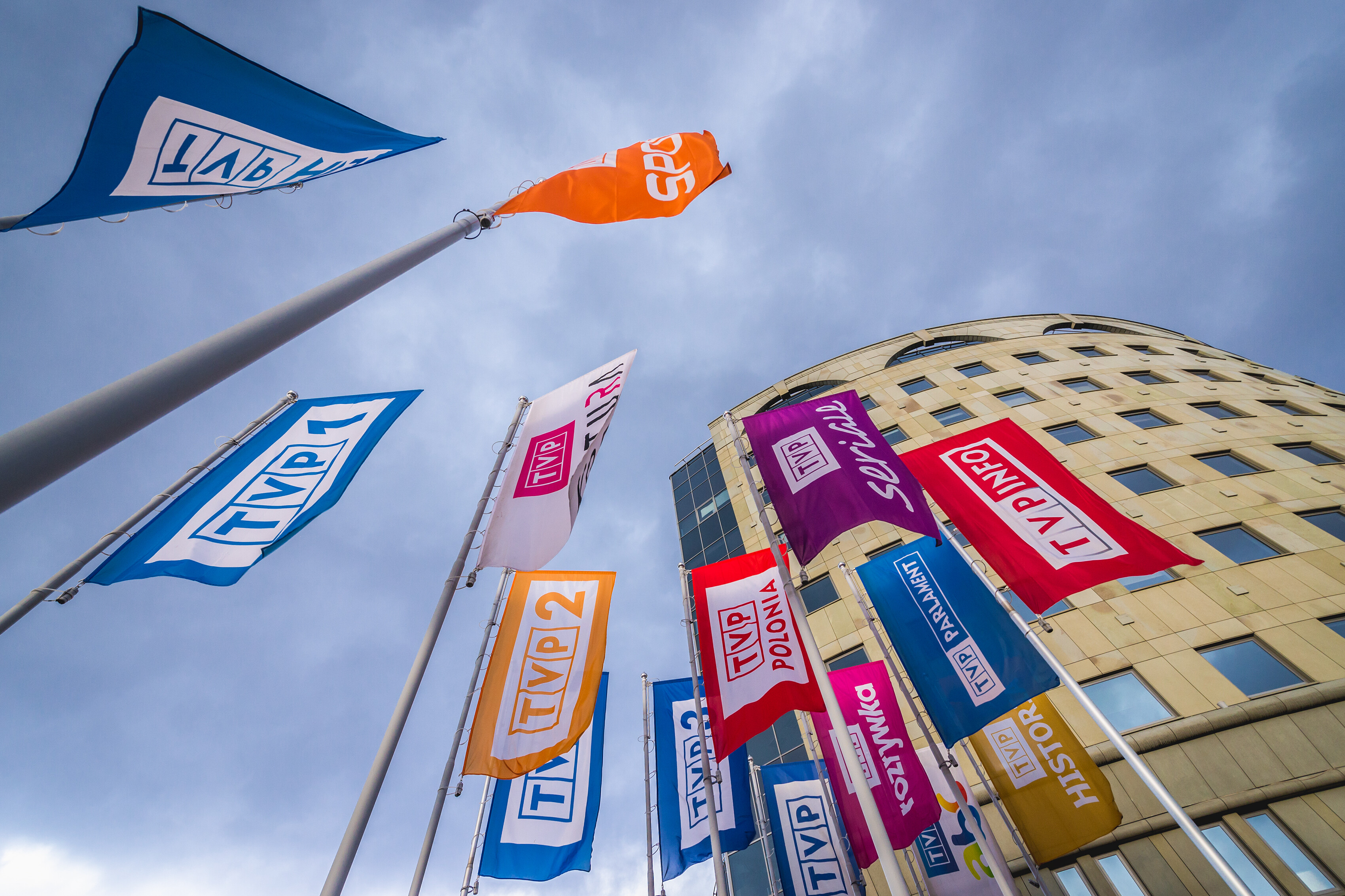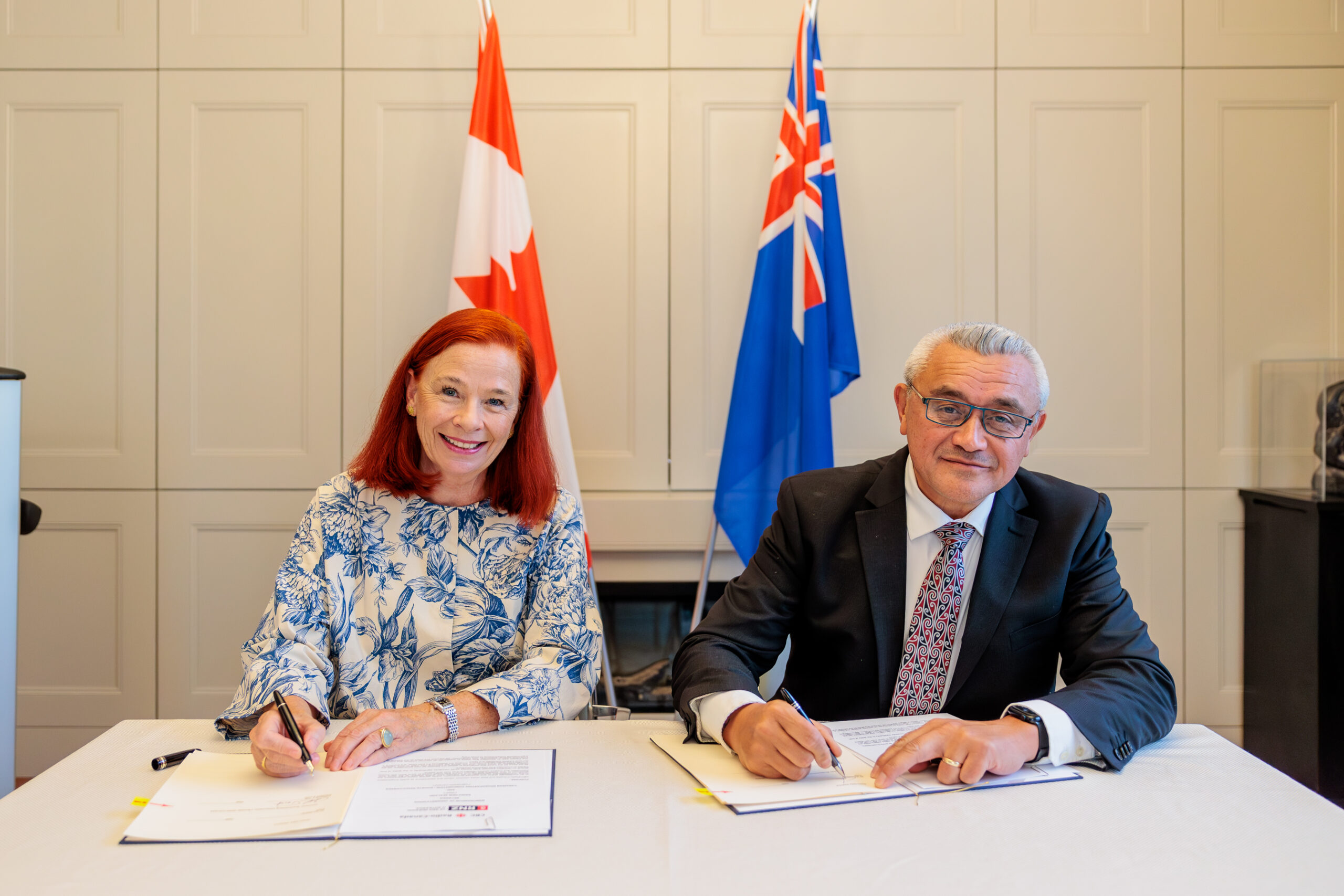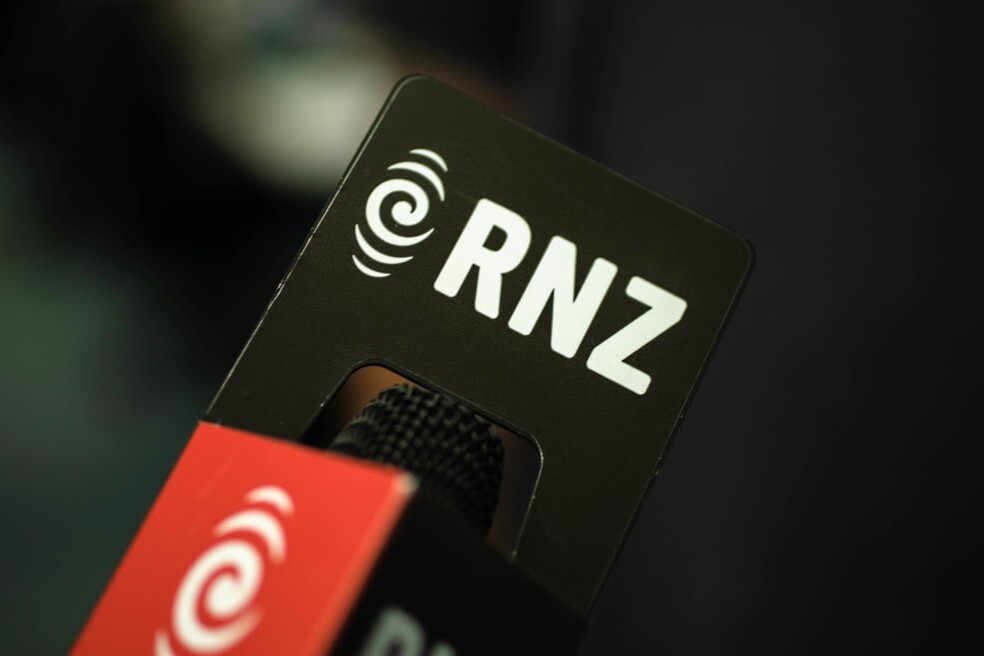What are the political parties’ plans for media?
13th October 2023
The media have been a political football this year – and now some politicians are complaining the media are against them in this election.
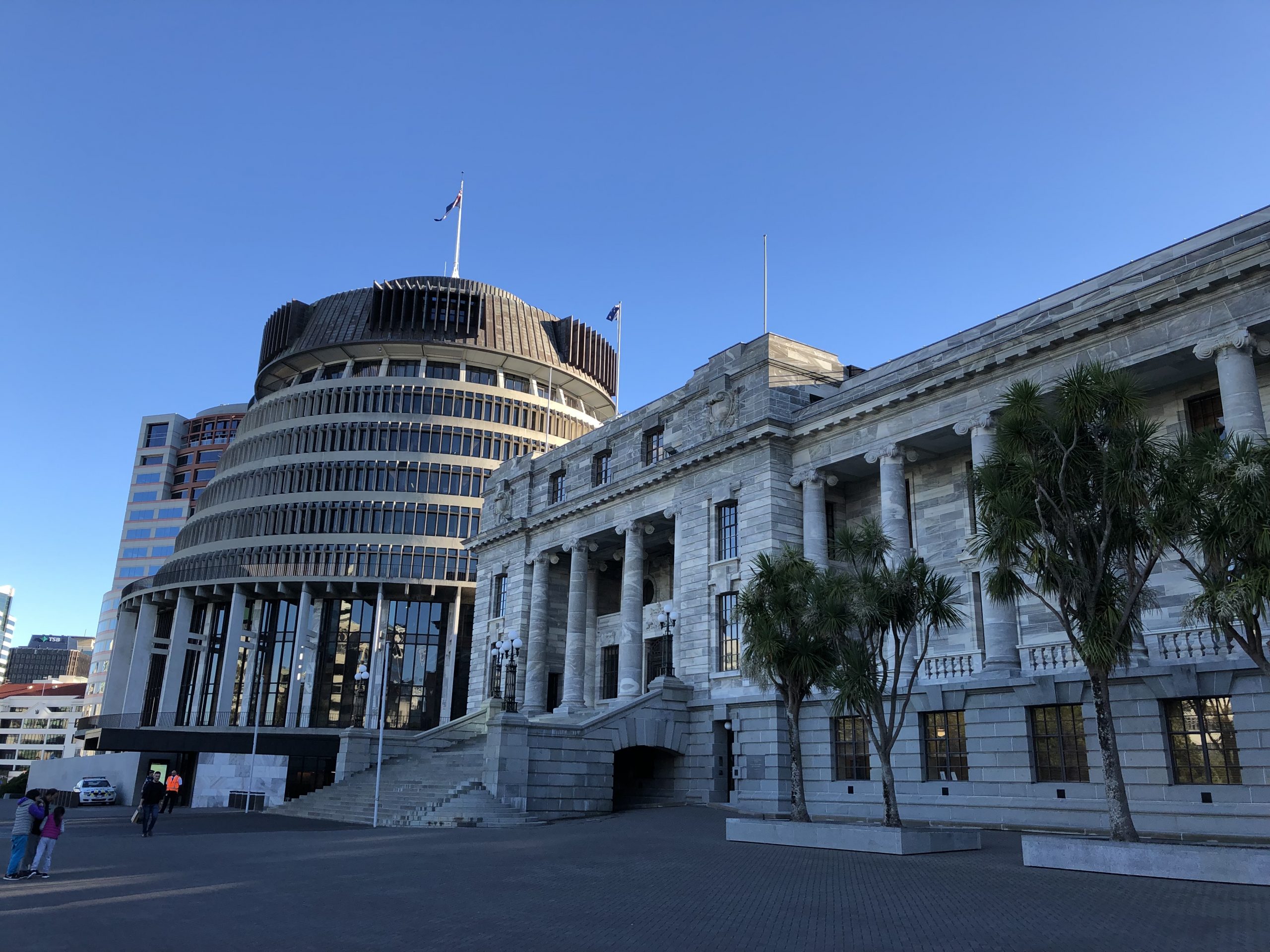
This piece was originally published on RNZ and is republished with permission.
By Colin Peacock, Mediawatch Presenter
The media have been a political football this year – and now some politicians are complaining the media are against them in this election.
But hundreds of millions of dollars of public money is spent on media each year – so what do the political parties plan for the media if they are in power?
In a combative and cranky interview last weekend on the TVNZ Q+A show, NZ First leader Winston Peters claimed presenter Jack Tame was biased – and he said the bosses at the state-owned broadcaster wanted it that way.
He also claimed this was part of a campaign to keep NZ First out of government and that Tame “and his masters” had made a good case for NZ First having the broadcasting portfolio after the election.
Read more: RNZ facing overhaul after editorial standards audit
“Just an idea,” he said teasingly when asked if it was a kind of threat.
Earlier in the election campaign Peters had singled out Newshub and Stuff and said that the absence of an honest fourth estate – coupled with co-governance – had left “our democracy hanging by a thread”.
The NZ First website carries a strident call for a Royal Commission of Inquiry into media bias and manipulation in New Zealand – and a petition with about 5000 signatures.
The pattern in past election campaigns is broadcasting and media plans are often left to the last minute – or overlooked entirely as our political parties push policies on big-ticket issues like tax, health and education.
But while media policy is not seen as a real vote-winner grabber by most parties, our media are important and influential – and also partly state-owned. Over the past decade, spending on media by successive governments has increased to more than a quarter of a billion dollars a year – and rising.
What do the parties have planned this time around?
Labour’s plan for the future was built on the merger of TVNZ and RNZ in a new public media entity funded with an extra $107 million a year until 2026. But just weeks before the new entity was supposed to come into being the government scrapped that plan.
There is nothing specific in the party’s policy for this election, but Labour’s post-merger Plan B is a $25m a year boost to RNZ, $10m for the government broadcasting funding agency NZ on Air and substantial funding increases announced in Budget 2022 and 2023 for Māori broadcasting.
“When the merger fell over, we had to come up with something else,” broadcasting minister Willie Jackson told a special election media policy debate last Monday organised by lobby group Better Public Media.
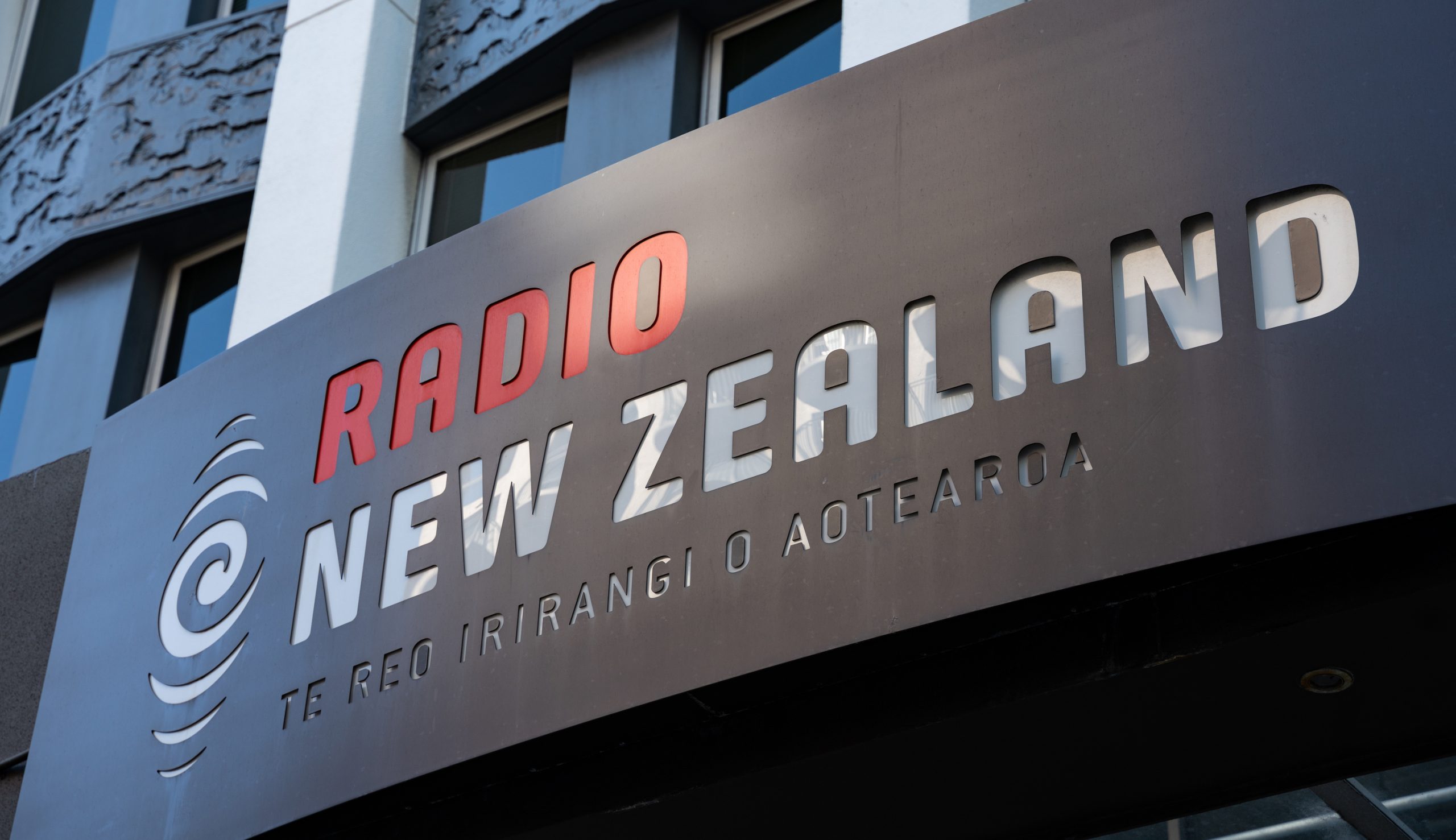
“I think in the last seven or eight months, we’ve got the frameworks in place with the initial investment in RNZ which was starved of money for 10 years,” he said.
Jackson also said TVNZ and RNZ have newly-staffed boards to take the state-owned broadcasters forward.
But he said Labour will not repeat its Public Interest Journalism Fund which ran for the past three years to put $55m of public money into more journalism and jobs in local media via NZ on Air.
Jackson also said he also wants to reform the Broadcasting Act 1989 which predates the internet; and pass into law the Fair Digital News Bargaining Bill which would oblige big online platforms to pay local news media for the news they carry.
“It’ll give the little player a chance. It’ll give the news producers a chance to actually get some compensation because they’ve been ripped off by these global giants. They’ve been ripped off and I’ve had so many people come to my office and asked for us to do something,” he said.
But in the end he said it will still be finance ministers who hold the pursestrings.
“Funding is really dependent each year on who your broadcasting minister is because – I do as Māori Development minister I’ve had to do in broadcasting – and to go to the minister of finance, has to work with Treasury in terms of pulling resources back,” he told the debate.
While the former National-led government did freeze broadcasting budgets for years when in power from 2008, as Jackson said, it also lifted funding for RNZ, Māori Television and New Zealand on Air in its final year in office in 2017.
In earlier years the National-led government also invested in the transition to digital TV transmission and the national roll-out of broadband and fibre networks.
The National Party’s long-serving broadcasting and media spokesperson is Melissa Lee, formerly a TV producer herself before politics – making programmes with NZ on Air funds for Asian New Zealanders.
National strongly opposed Labour’s public media merger and Lee has called the FDNB Bill ‘an internet tax’ and argued tech companies should not be compelled to do deals.
For this election, there is nothing in National’s policy manifesto so far about broadcasting and it does not feature at all in the party’s plan for the first 100 days.
Lee was not at the Better Public Media debate which was held in her own electorate this week to put forward her party’s position.
The Act Party was not represented at Monday’s debate either and its spokesperson Damien Smith left Parliament at the end of the last term.
Broadcasting and media does not feature in any of their published manifesto or policy plans either, but ACT condemned the RNZ/TVNZ merger as a waste of money and on the grounds of plurality.
“The last thing we want is our nation’s biggest media entity dependent on the Government for handouts,” leader David Seymour said and in a statement in 2021.
At the time he said ACT would apply the Mixed Ownership Model to TVNZ “to pay down Covid-19 debts” and improve their profitability and possibility of dividends in the long run.
Commercial media companies’ revenues might take a hit under a National/ACT-led government.
Subscribe toour newsletter
Keep updated with the latest public
media news from around the world
Both parties have pledged to cut state agencies’ spending on advertising and public information such as lucrative road safety ads and ACC messages which have been a significant source of income.
Te Pāti Māori did not attend Monday’s debate either and its manifesto’s only specific media policy is to require all state funded broadcasters “to have a basic fluency level of Te Reo Māori”.
Its policy for Te Reo Māori says it is based on the Wai 262 Waitangi Tribunal Report’s recommendation to have language plans in central and local government departments including state-funded broadcasters.
In the past NZ First had several specific and ambitious media policies at election time – like selling TV2 and de-commercialising TV1 and putting “sports of national significance” back on free-to-air television.
In 2017 NZ First also backed a digital services tax for big tech platforms hosting New Zealand content on their platforms including Netflix.
NZ First was part of the Labour-led government which initiated the public media merger in 2019.
When it was finally made public in early 2020, former NZ First deputy leader Tracy Martin became the chairperson of the group doing the planning and the one that was supposed to usher it in earlier this year.
NZ First’s current broadcasting spokesperson Jenny Marcroft told last Monday’s Better Public Media debate it was a shame the merger did not happen – and she praised the current minister for trying.
Jenny Marcroft – number 5 on NZ First’s candidate list – is a former broadcaster herself. She returned to part-time broadcasting at Mediaworks and was not returned to Parliament in 2020.
She said the party backed tech platforms paying a fair price for New Zealand news, suggested subscriptions to news organisations could become tax deductible – and that the government should “invest in training pipeline of media talent” through internships and courses.
“We would like to have a collaboration with newsrooms to have a 50/50 funding system for a two-year internship for journalism students and media students coming out of high schools … spread around the country,” she told the debate.
Jenny Marcroft also said NZ First wanted to fold existing and ageing media legislation into a new Public Media Act and a new avenue for compliance and complaints.
“We’d like to replace the Broadcasting Standards Authority and establish a Media Ombudsman,” she said.
“Those are some of our policies, which we are just announcing,” she said.
The NZ First manifesto released this week also says TVNZ and other Crown media entities including Māori media should work together “to provide greater value for the New Zealand public”.
It wants to strengthen local democracy in the regions by supporting regional community newspaper and radio newsrooms including Access and iwi stations.
It also says RNZ Concert and iwi radio should be “secured and futureproofed”.
In 2017 NZ First also backed a digital services tax for big tech platforms including Netflix – something The Green Party also suggested at that time.
At Monday’s BPM meeting, Green’s spokesperson Greens Ricardo Menéndez March – also a candidate for Mt Albert – said they still back that idea.
The Green Party’s detailed policy online is mostly a reboot of previous policies – based on backing and bolstering existing state-owned broadcasters and New Zealand on Air “to produce content prioritising communities not well served by commercial interests”.
It says Māori broadcasting and media should also be prioritised “to uphold the culture of tangata whenua in Aotearoa New Zealand”.
It wants to bring three existing media industry regulators for news, broadcasting and advertising into a common framework based on self-regulation and giving effect to Te Tiriti o Waitangi.
The Greens also want to establish a Digital Media Commons for public television and radio, community broadcasters and website media providers “which provides free access to public-interest content and publicly funded resources”.
Back in 2014 The Greens also backed the creation of a public journalism fund to be administered by Creative New Zealand.
– RNZ
Related Posts
2nd August 2023
RNZ facing overhaul after editorial standards audit
RNZ faces an overhaul of its news…
13th June 2023
RNZ chief executive apologises after pro-Russian sentiment added to stories
A Ukrainian man who complained about an…
